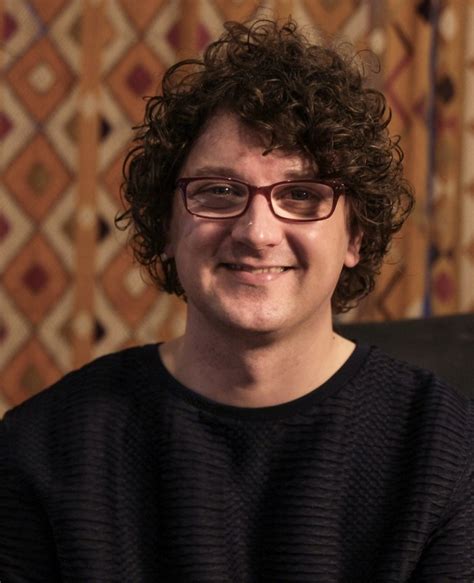A Quote by Masiela Lusha
Through my former experiences, writing poetry and learning other languages leading up to English I find ways to stitch words together that may seem a bit odd, but somehow, sometimes they do work.
Related Quotes
I work in Hebrew. Hebrew is deeply inspired by other languages. Not now, for the last three thousand years, Hebrew has been penetrated and fertilized by ancient Semitic languages - by Aramaic, by Greek, by Latin, by Arabic, by Yiddish, by Latino, by German, by Russian, by English, I could go on and on. It's very much like English. The English language took in many many fertilizations, many many genes, from other languages, from foreign languages - Latin, French, Nordic languages, German, Scandinavian languages. Every language has influences and is an influence.
Trevor realized that the odd thing about English is that no matter how much you screw sequences word up up, you understood, still, like Yoda, will be. Other languages don't work that way. French? Dieu! Misplace a single le or la and an idea vaporizes into a sonic puff. English is flexible: you can jam it into a Cuisinart for an hour, remove it, and meaning will still emerge.
I remember learning German - so beautiful, so strange - at school in Australia on the other side of the earth. My family was nonplussed about me learning such an odd, ugly language and, though of course too sophisticated to say it, the language of the enemy. But I liked the sticklebrick nature of it, building long supple words by putting short ones together. Things could be brought into being that had no name in English - Weltanschauung, Schadenfreude, sippenhaft, Sonderweg, Scheissfreundlichkeit, Vergangenheitsbewältigung.
Writing with a partner is, in some ways, an easy but odd process. Two people come into a room and look to each other for motivation. One might not be in the right mood at any given moment. And somehow, you begin; somehow, out of your exchange of thoughts, something engages both of you, and the process of collaboration begins.
In Dogen's writing, the practical instruction, philosophy and poetry are together in one voice. People hear about his poetry, go to his work, and expect to find poetry, or they hear about his philosophy and expect to find philosophy. They look just for practical instruction and find poetry and philosophy. They can't make out the complexity of his writing, become frustrated and let him go.
Blogging has mostly been an opportunity to react more immediately to experiences to try out ideas that I may end up using in the print media or in some other place. When I write books, it's a way for me to bring readers into the experience of writing the book, all through the process of writing the books that I write. I talk about what I'm up to in the blog. I let people know what I am doing. To me, it's just part of putting my professional life up in a way that people who are interested in it can access; and learning things from them as well.
My research suggests that men and women may speak different languages that they assume are the same, using similar words to encode disparate experiences of self and social relationships. Because these languages share an overlapping moral vocabulary, they contain a propensity for systematic mistranslation.
I don't find English restrictive, but it brings a level of discipline to my writing that I wouldn't have in Bulgarian. My control of English, however you define it, my ability to work in English, is more limited than in Bulgarian. That means out of necessity I have to develop a style that goes for clarity of expression which I may not have done otherwise.
Sciences usually advances by a succession of small steps, through a fog in which even the most keen-sighted explorer can seldom see more than a few paces ahead. Occasionally the fog lifts, an eminence is gained, and a wider stretch of territory can be surveyed-sometimes with startling results. A whole science may then seem to undergo a kaleidoscopic rearrangement, fragments of knowledge sometimes being found to fit together in a hitherto unsuspected manner. Sometimes the shock of readjustment may spread to other sciences; sometimes it may divert the whole current of human thought.



































